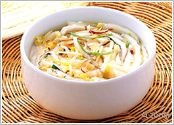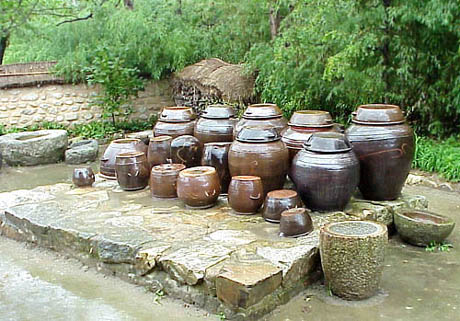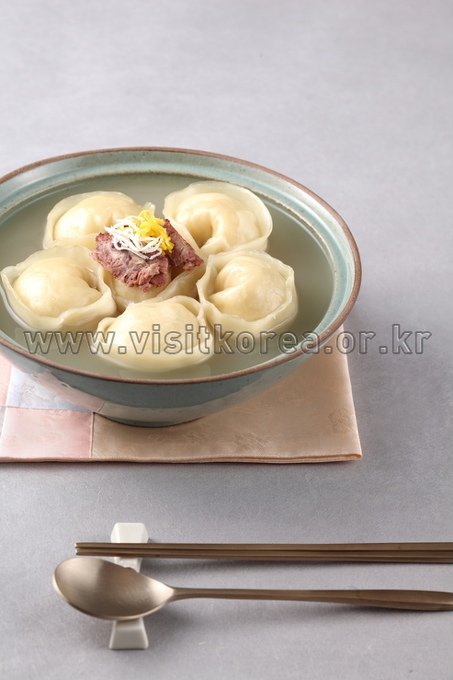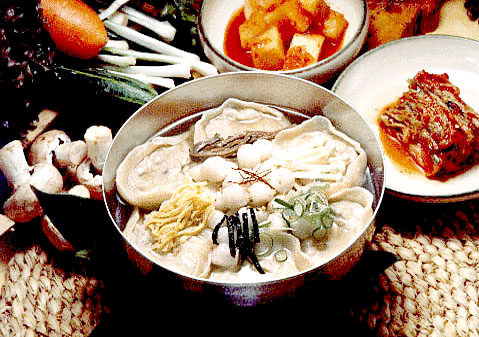여러분, 오랜만이다!!!
(여러분 = Everyone, 오랜만이다= Long Time No See! (or It’s been a long time))
To be honest, it’s really been a long while since I made my last appearance. While rushing through my assignments and work-related matters, I have been craving for some yummy Korean foods these days.
As the weather is getting colder, shall we take a look at what’s best to have during this season to keep ourselves warm?

This is one of the traditional winter foods that is often presented as a side dish in Korean cuisine. Kimchi comes in varieties with baechu kimchi being the most common.

Baek KimchiWintertime kimchi-making is known as “gimjang”. It is the time where Korean households prepare and store lots of kimchi for the coming winter months. What’s most important part in gimjang is the storing of its final product.
 uct.
uct.
In the past, special holes were dug to bury and cover the kimchi jars with straw mats to allow proper fermentation. But nowadays, most Korean households have two refrigerators, of which one is used exclusively for kimchi storage.
Thing to take note for Gimjang Kimchi: It is best kept at 0 degree C with minimal temperature fluctuation.

Mandu Guk (Dumpling Soup)Mandugk, another dish that is regularly eaten in winter time by Koreans. These dumplings are filled with minced beef and vegetables, cook in a broth alongside with sliced rice cakes.
Although it can be eaten throughout the year, like kimchi, manduguk is especially favored during the cold season and is traditionally served on New Year’s Day.
How to enjoy your manduguk?
Here’s how you do it: Enjoy your manduguk with gimjang kimchi or mul-kimchi (watery kimchi)

That’s not all…Second part of the yummy Korean food is on the way~~~
Please Follow @seoulsouthkorea 